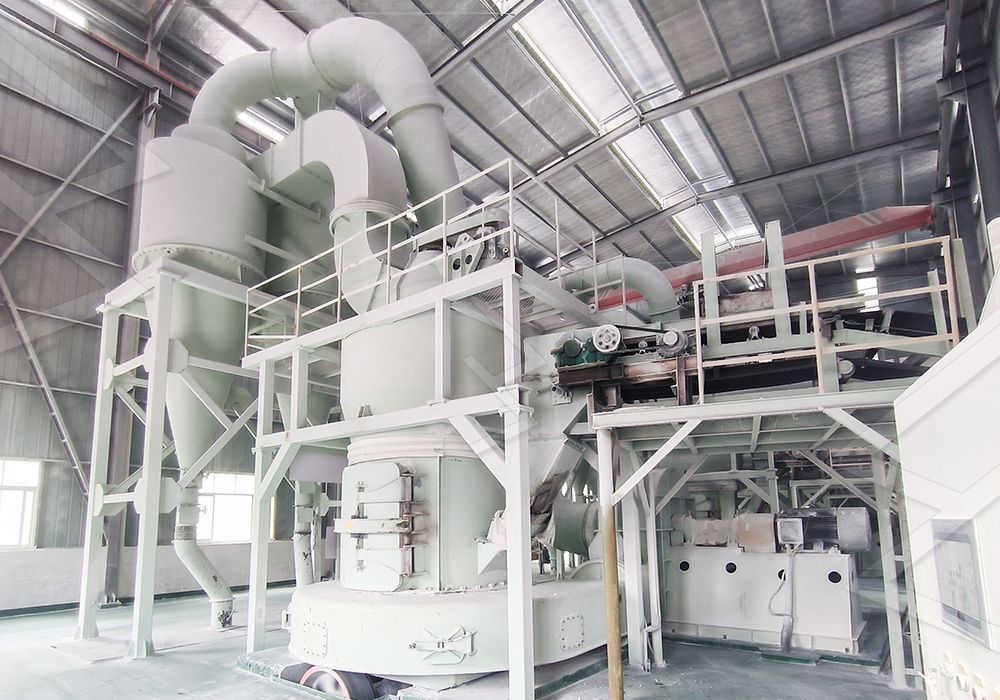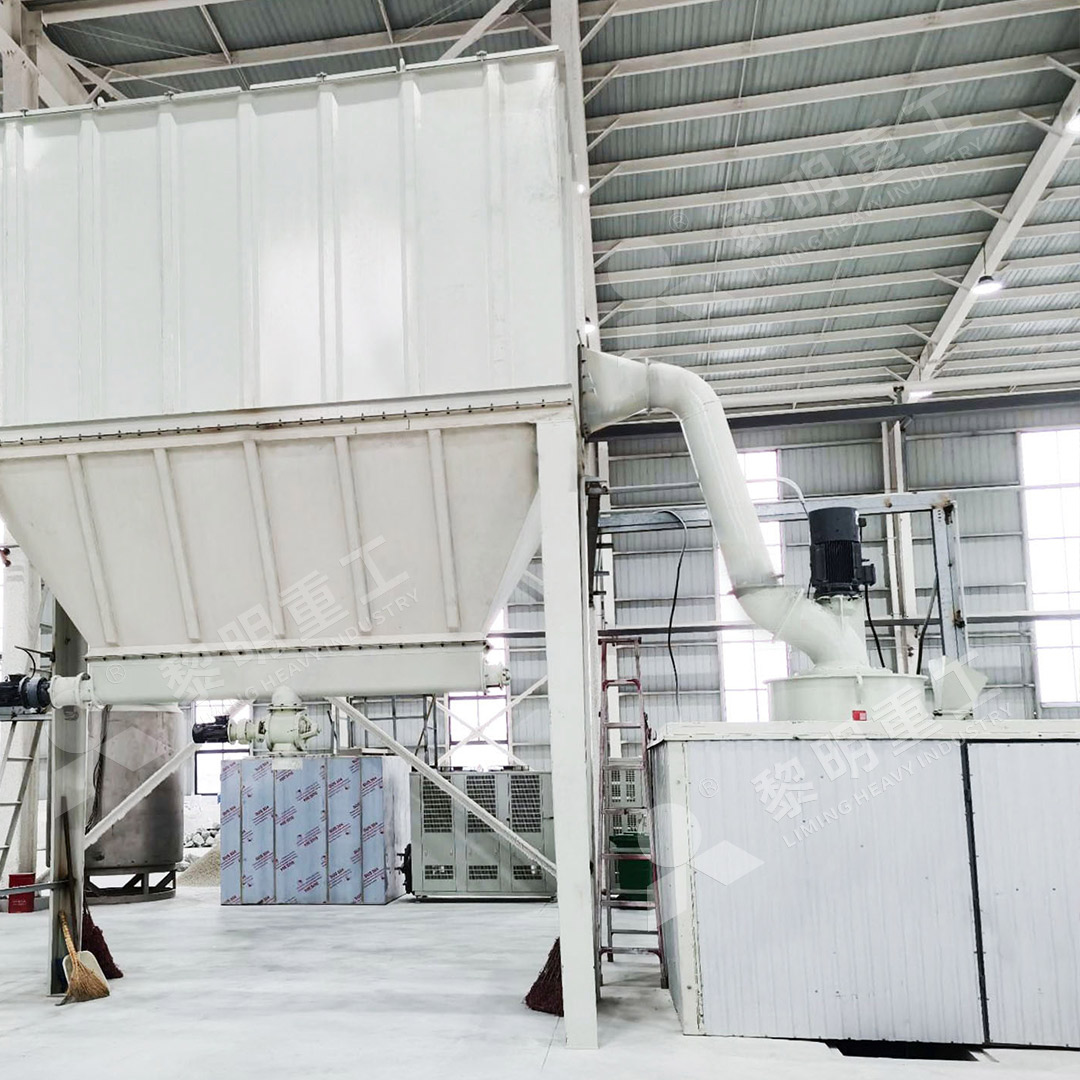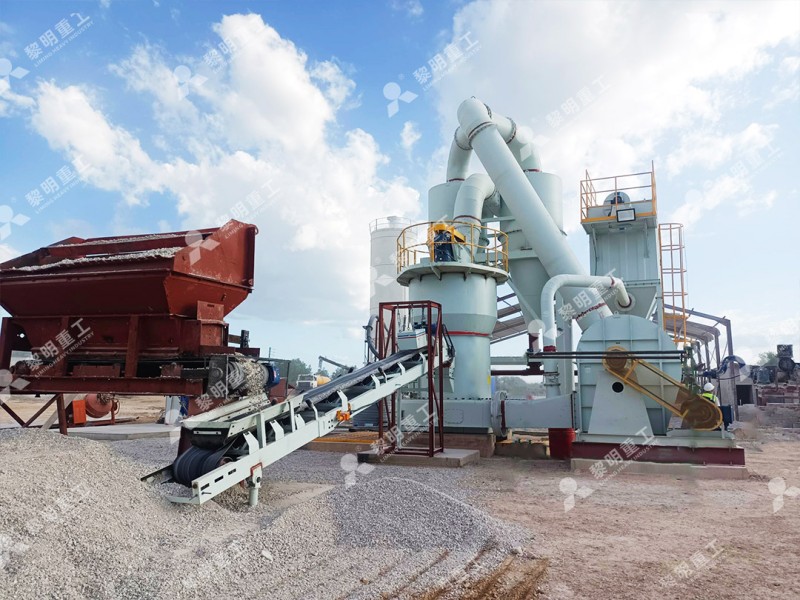Modern Bentonite Processing: How Raymond Mill Enhances Production Efficiency
We provide a wide range of mills — including Raymond mill, trapezoidal mill, vertical mill, ultrafine mill, and ball mill, obtained ISO9001 international quality certification, EU CE certification, and Customs Union CU-TR certification. Suitable for processing minerals such as limestone, phosphate, quicklime, kaolin, talc, barite, bentonite, calcium carbonate, dolomite, coal, gypsum, clay, carbon black, slag, cement raw materials, cement clinker, and more.
The discharge range of these mills can be adjusted to meet specific processing needs, typically from 80-400 mesh, 600-3250 mesh, and can achieve the finest particle size of up to 6000 mesh(D50).
If you are looking for a reliable grinding solution to turn stone or minerals into fine powder, please feel free to contact our online customer service.
Modern Bentonite Processing: How Raymond Mill Enhances Production Efficiency
In the evolving landscape of industrial mineral processing, bentonite clay stands out for its versatile applications across numerous sectors. From foundry binders and drilling muds to environmental sealants and pharmaceutical carriers, the demand for precisely processed bentonite continues to grow. At the heart of modern bentonite processing operations lies grinding technology, where traditional methods are being steadily replaced by more efficient, environmentally conscious solutions.

Raymond Mill technology has revolutionized bentonite processing by offering a balanced approach to particle size reduction, energy consumption, and operational reliability. Unlike conventional ball mills that consume excessive energy and require significant floor space, Raymond Mill systems integrate multiple processes into a compact, efficient package. The unique grinding principle—where materials are crushed between rotating rollers and a stationary ring—creates a highly controlled grinding environment that consistently produces uniform particle distributions.
Key Advantages in Bentonite Processing
The specific properties of bentonite—including its moisture sensitivity, swelling characteristics, and abrasive nature—demand specialized processing equipment. Raymond Mill addresses these challenges through several key features:
- Adaptable Fineness Control: With adjustable grinding parameters, operators can produce bentonite powders ranging from coarse granules to fine powders meeting specific industry requirements
- Integrated Drying Capability: The system’s airflow can be heated to simultaneously dry and grind moisture-containing bentonite, eliminating the need for separate drying equipment
- Reduced Environmental Impact: Closed-system operation with efficient dust collection minimizes particulate emissions, addressing both workplace safety and environmental regulations
- Lower Operating Costs: Compared to traditional grinding systems, Raymond Mill technology demonstrates significantly reduced energy consumption per ton of processed bentonite

Beyond Traditional Raymond Mill: Advanced Solutions for Specialized Applications
While traditional Raymond Mill systems excel in standard bentonite processing, operations requiring ultra-fine powders or specialized particle characteristics benefit from advanced grinding technologies. For these demanding applications, we recommend our MW Ultrafine Grinding Mill, specifically engineered for customers requiring superior fineness control and enhanced production efficiency.
The MW Series represents the next evolution in grinding technology, delivering exceptional performance for bentonite processing:
- Higher Yielding, Lower Energy Consumption: With newly designed grinding curves of grinding roller and grinding ring, the MW Ultrafine Grinding Mill achieves 40% higher production capacity compared to jet grinding mills with the same fineness and power requirements
- Precise Fineness Adjustment: The cage-type powder selector enables product fineness adjustment between 325-2500 meshes, with screening rates achieving d97≤5μm in a single pass
- Enhanced Reliability: The innovative design eliminates rolling bearings and screws in the grinding chamber, preventing common failure points and enabling continuous 24-hour operation
- Eco-Friendly Operation: Equipped with efficient pulse dust collectors and noise reduction systems, the MW Series operates in full compliance with national environmental protection standards
With an input size capability of 0-20 mm and capacity ranging from 0.5-25 tph, the MW Ultrafine Grinding Mill handles various bentonite grades while maintaining consistent product quality. The machine’s digitalized processing ensures high precision manufacturing of core components, while readily available spare parts guarantee worry-free operation.
Optimizing Bentonite Processing Lines
Modern bentonite processing facilities increasingly adopt a systems approach, integrating Raymond Mill technology with complementary equipment to create efficient production lines. Proper system design considers material characteristics, production targets, and end-use requirements to maximize return on investment.

For operations requiring both standard and ultra-fine bentonite products, combining traditional Raymond Mills with specialized equipment like the MW Ultrafine Grinding Mill creates flexible production capabilities. This approach allows processors to serve multiple market segments while optimizing equipment utilization and operational efficiency.
Frequently Asked Questions
What makes Raymond Mill particularly suitable for bentonite processing?
Raymond Mill’s combination of grinding and drying capabilities, adjustable fineness control, and compact footprint makes it ideal for bentonite’s specific processing requirements. The system efficiently handles bentonite’s moisture content and abrasive characteristics while producing consistent particle size distributions.
How does the MW Ultrafine Grinding Mill differ from traditional Raymond Mills?
The MW Series incorporates advanced German powder separation technology, eliminates internal bearings and screws that commonly fail, and achieves finer particle sizes (up to 2500 meshes) with higher energy efficiency. It represents a significant advancement for operations requiring ultra-fine bentonite powders.
What capacity range can I expect when processing bentonite with Raymond Mill systems?
Capacity depends on the specific equipment model and desired product fineness. Traditional Raymond Mills typically handle 0.6-5 tph, while the MW Ultrafine Grinding Mill processes 0.5-25 tph of bentonite, with higher capacities achievable for coarser products.
How does the environmental performance of modern grinding mills compare to older technology?
Contemporary systems like the MW Series feature integrated pulse dust collectors, noise reduction technology, and closed-system operation that dramatically reduce environmental impact compared to traditional open-circuit mills. These systems typically operate well within modern regulatory requirements.
What maintenance considerations are specific to bentonite grinding operations?
Bentonite’s abrasive nature necessitates attention to wear parts, particularly grinding rolls and rings. Modern mills address this through specialized alloys, accessible maintenance points, and designs that minimize direct contact between metal components. The MW Series further reduces maintenance through its bearing-free grinding chamber design.
